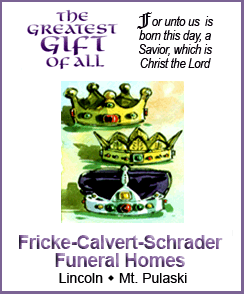| |||||||||||
| |||||||||||

"The president has been clear from the beginning that there are provisions in this bill he does not support," Treasury Secretary Timothy Geithner said. "But they were necessary compromises in order to secure the president's top priorities
-- initiatives targeted to strengthen growth, create jobs and help working and middle-class families. At the insistence of Republicans, the plan includes an estate tax that would allow the first $10 million of a couple's estate to pass to heirs without taxation. The balance would be subject to a 35 percent tax rate. Many House Democrats want to impose a higher estate tax, bringing back the levels in place in 2009. They persuaded House Speaker Nancy Pelosi, D-Calif., to allow a vote on the change, arguing that the higher estate tax would affect only 6,600 of the wealthiest estates, and would save $23 billion. "It doesn't create jobs, it adds to the deficit," Rep. Chris Van Hollen, D-Md., said of the more generous estate tax. "Is that the message this Congress wants to send at a time of high deficits?" In 2009, individuals could pass $3.5 million to their heirs, tax-free. Couples could pass $7 million, with a little tax planning, and the balance was taxed at a top rate of 45 percent.
The estate tax was allowed to expire for 2010. But under current law, it would come back in 2011 at even higher levels, with a top tax rate of 55 percent. Democrats said their plan to reinstate the 2009 tax is still more generous than current law; many Republicans said the estate tax should be done away with altogether. "I don't like this bill, but I like even less the notion of raising taxes on average Americans," said Rep. David Dreier, R-Calif. Senate GOP Leader Mitch McConnell said any changes to the bill would derail the entire package, putting millions of Americans at risk of a significant tax increase next year. "Now it's up to our colleagues in the House, and we urge Democrat leaders to resist playing political games and making partisan changes so that American taxpayers won't be hit with a huge, job-killing tax hike on Jan. 1," McConnell said.

[Associated
Press;
Copyright 2010 The Associated Press. All rights reserved. This
material may not be published, broadcast, rewritten or
redistributed.
News | Sports | Business | Rural Review | Teaching & Learning | Home and Family | Tourism | Obituaries
Community |
Perspectives
|
Law & Courts |
Leisure Time
|
Spiritual Life |
Health & Fitness |
Teen Scene
Calendar
|
Letters to the Editor